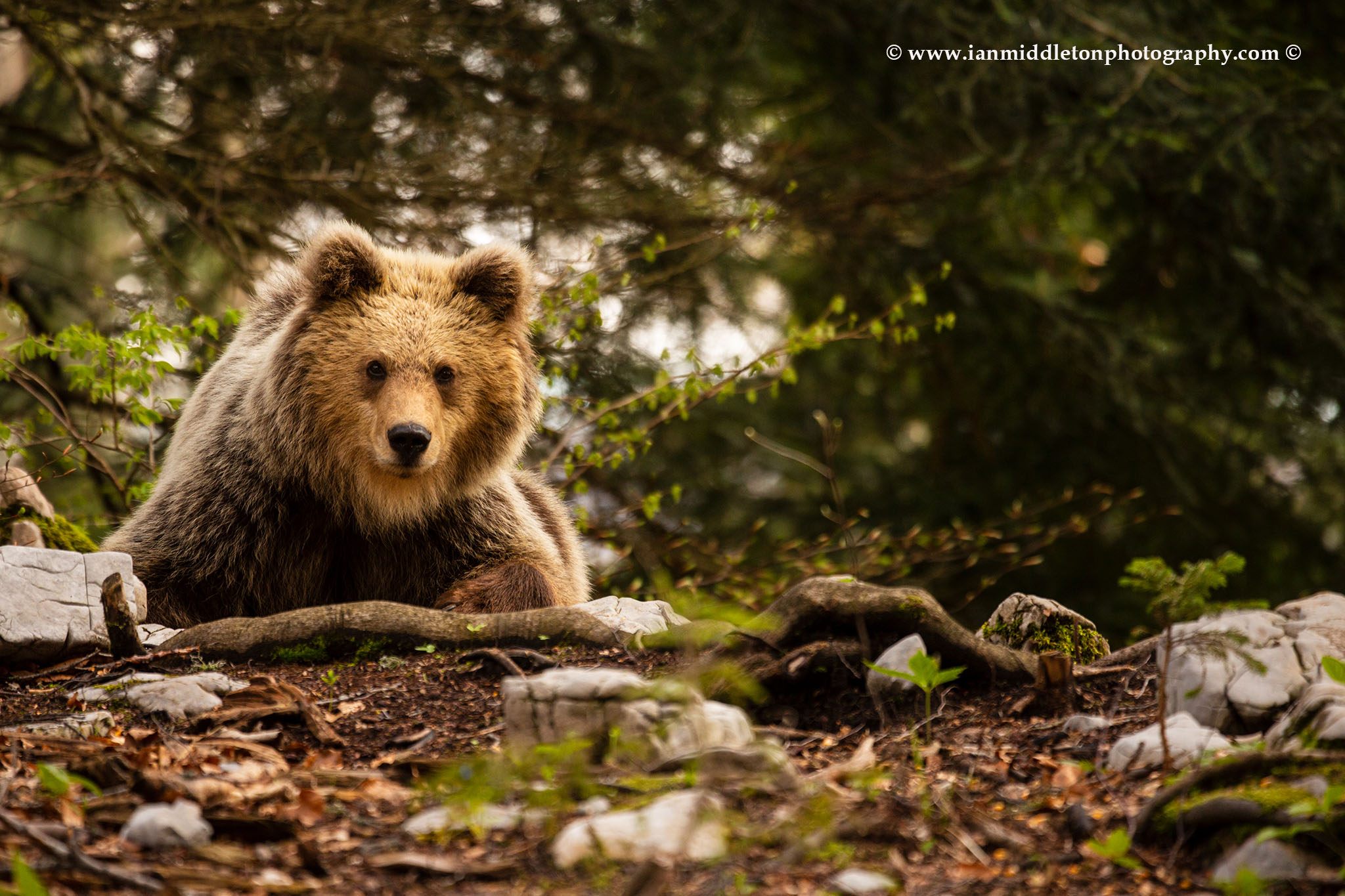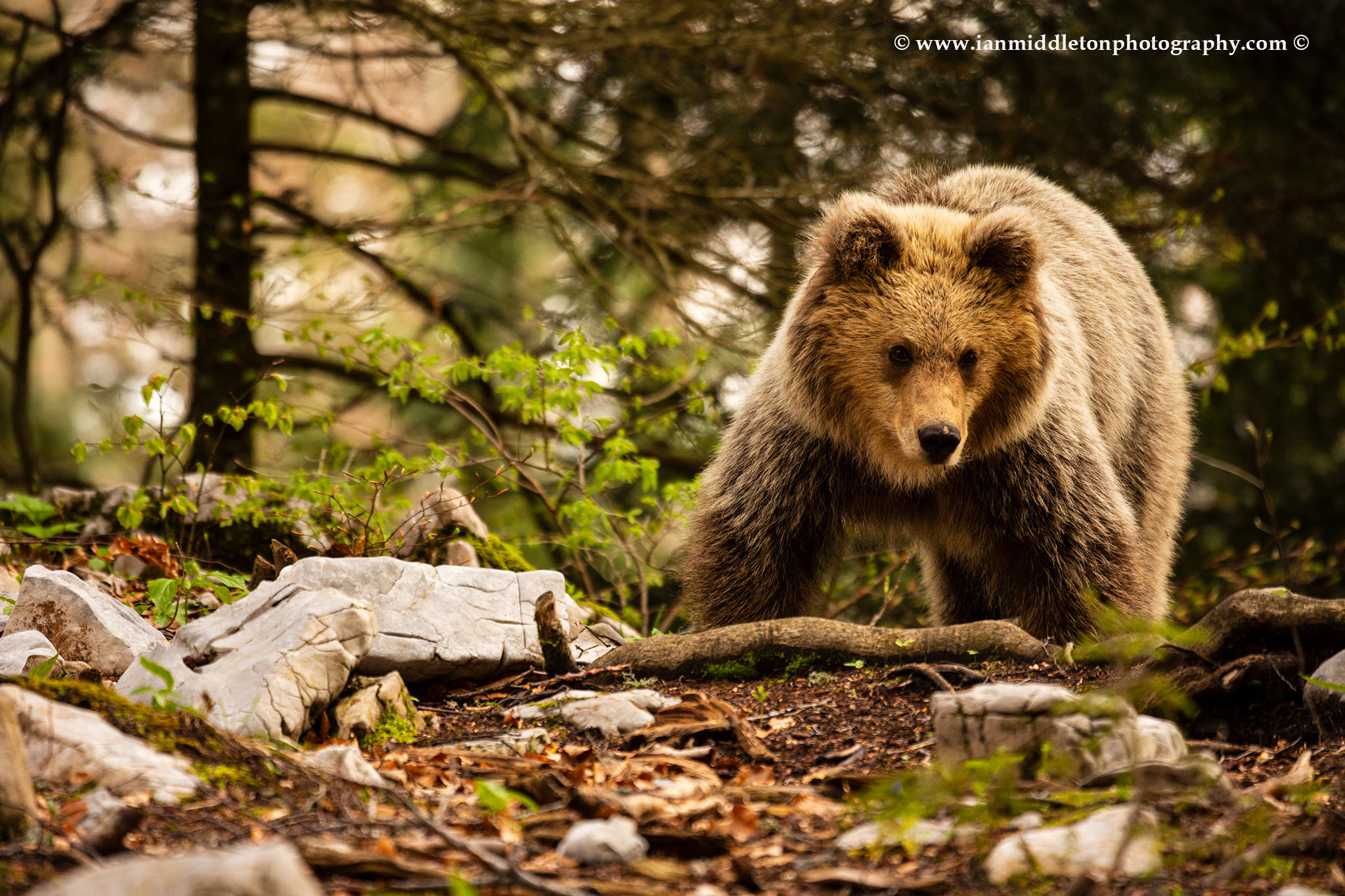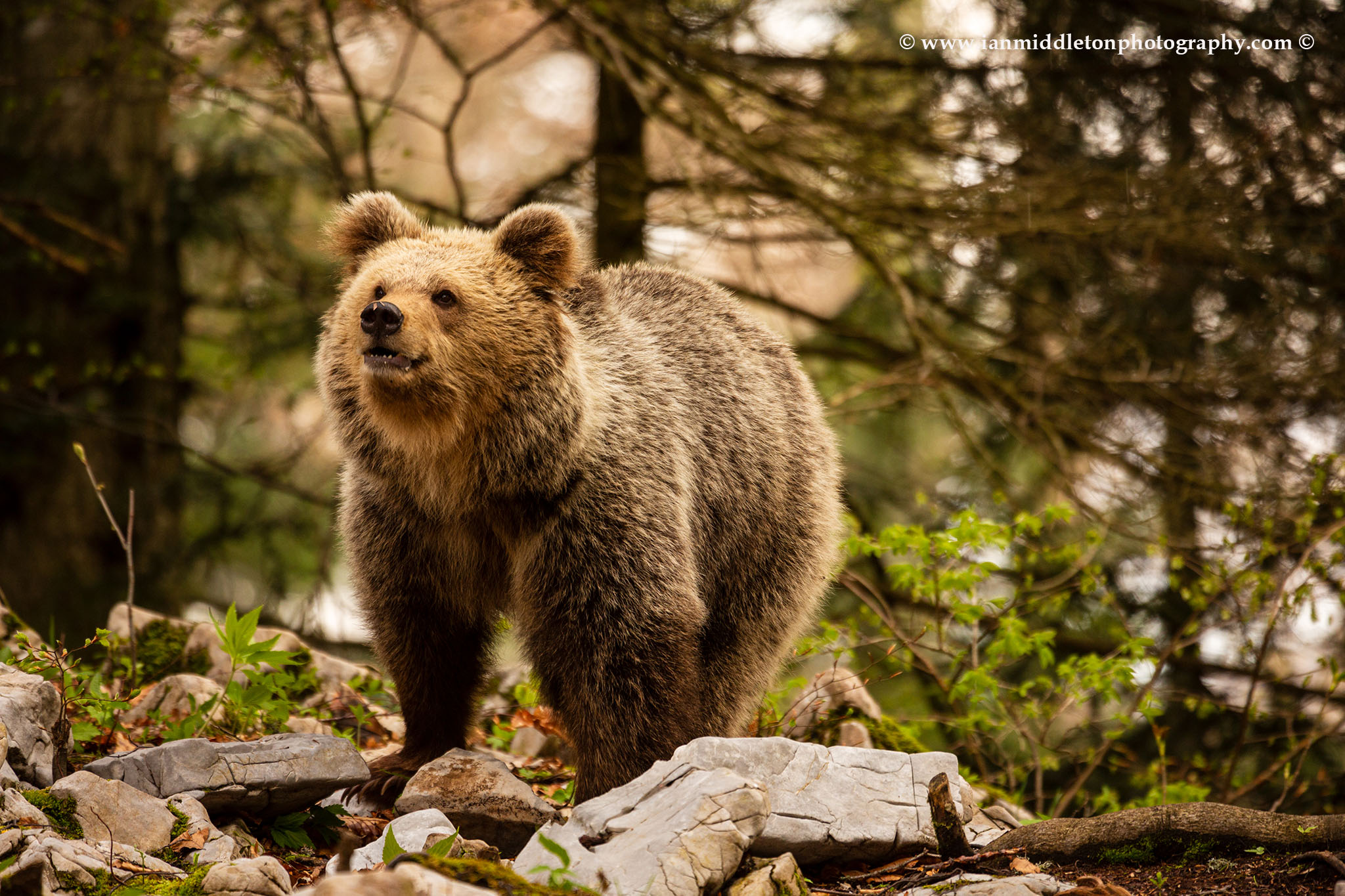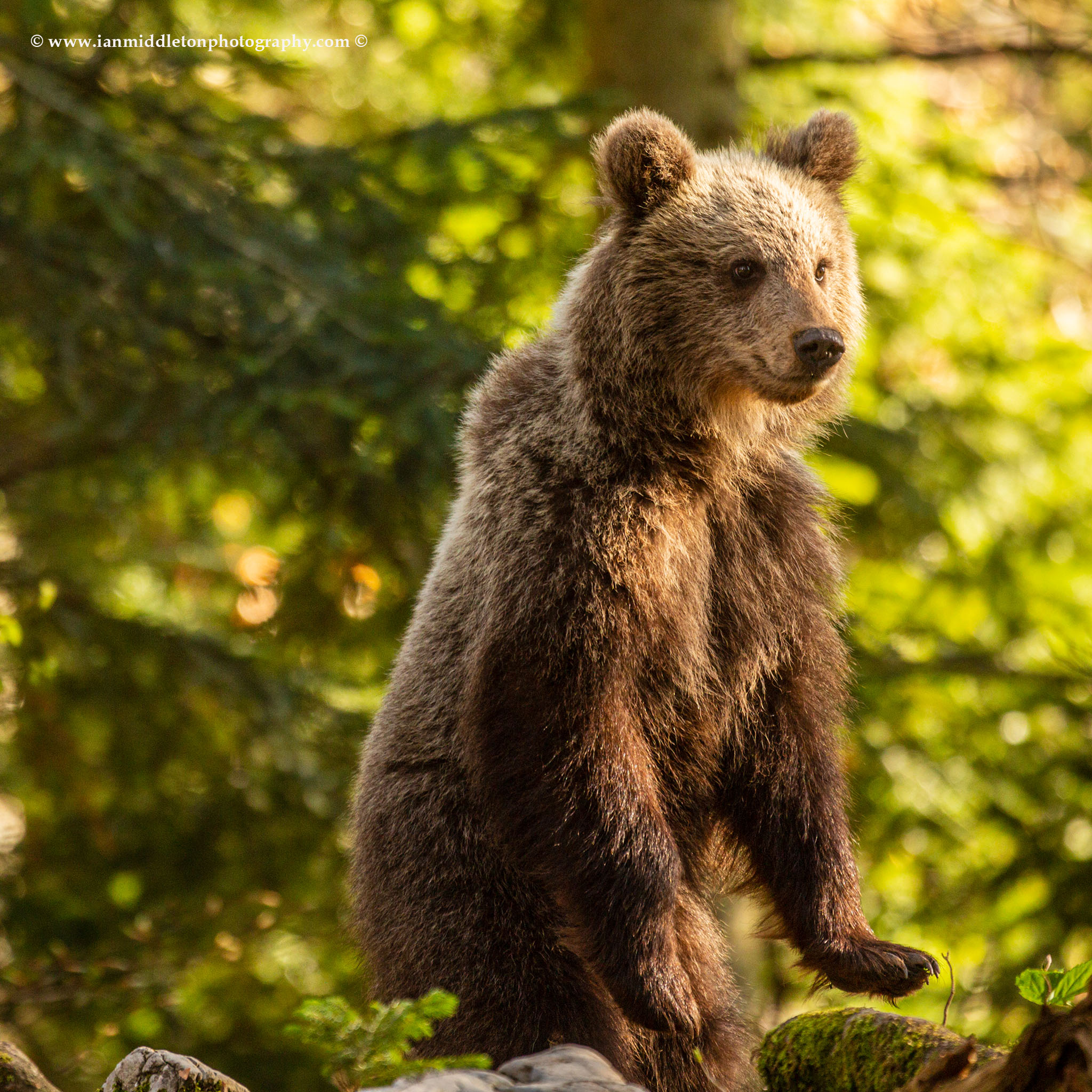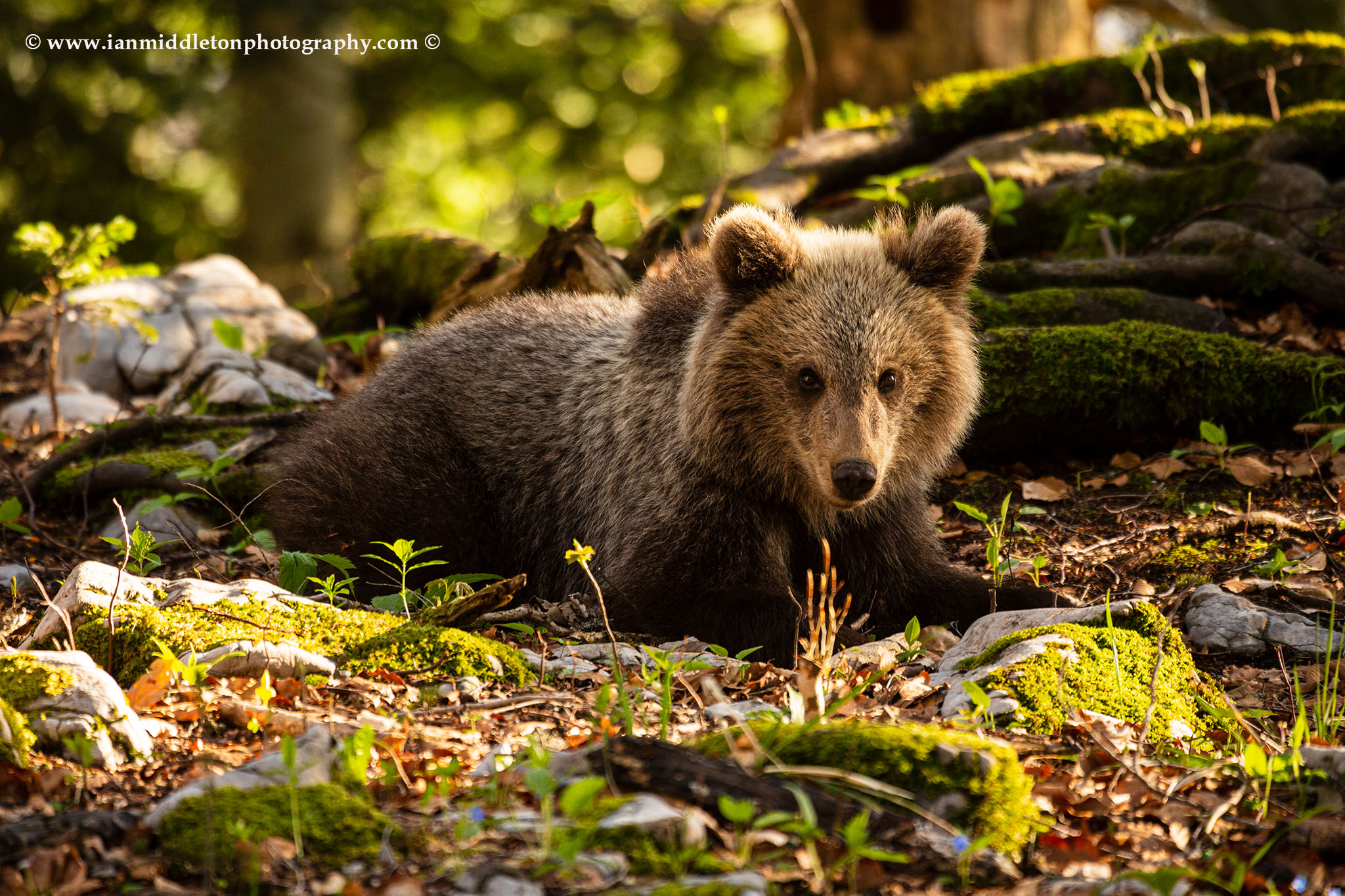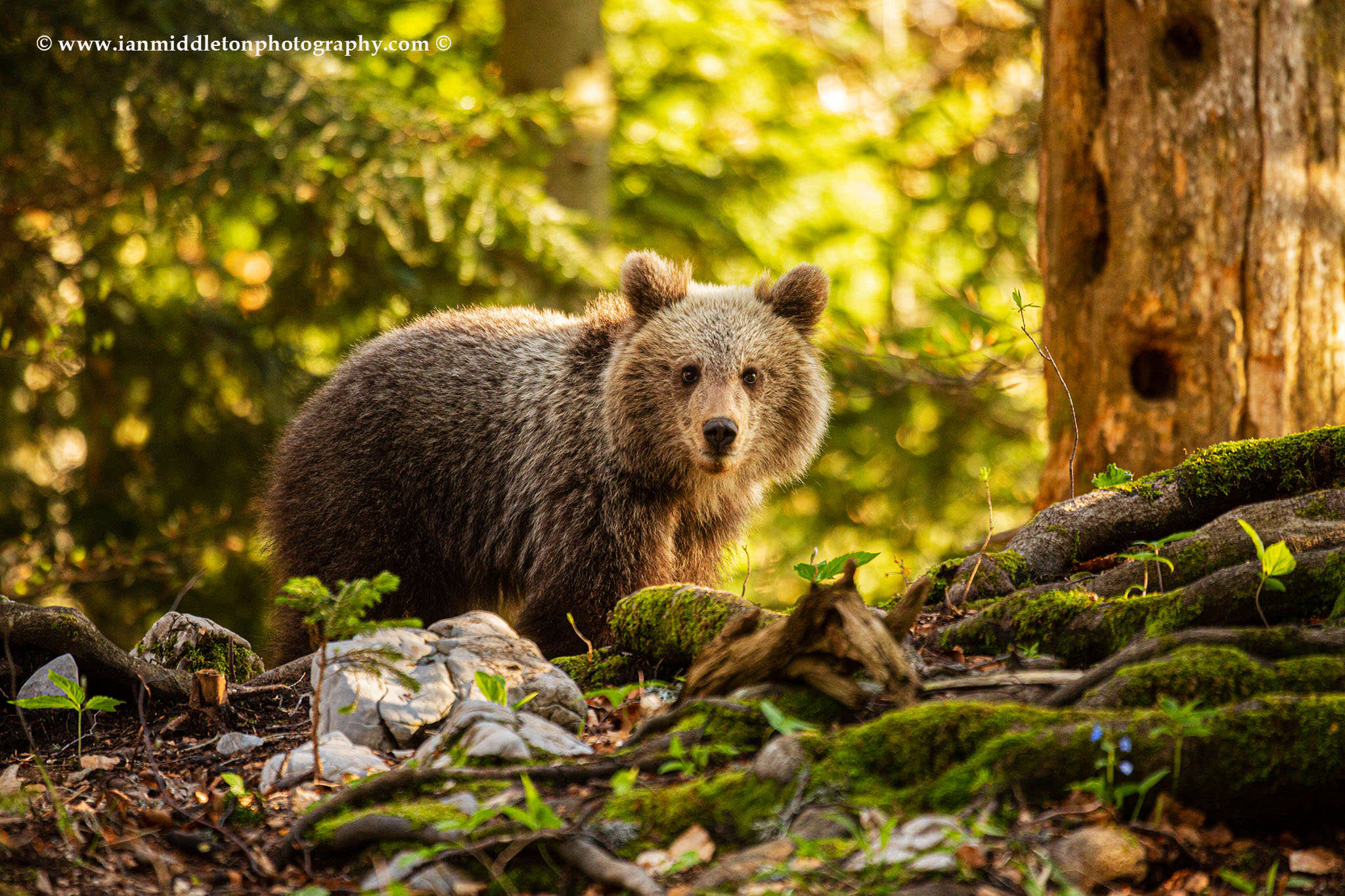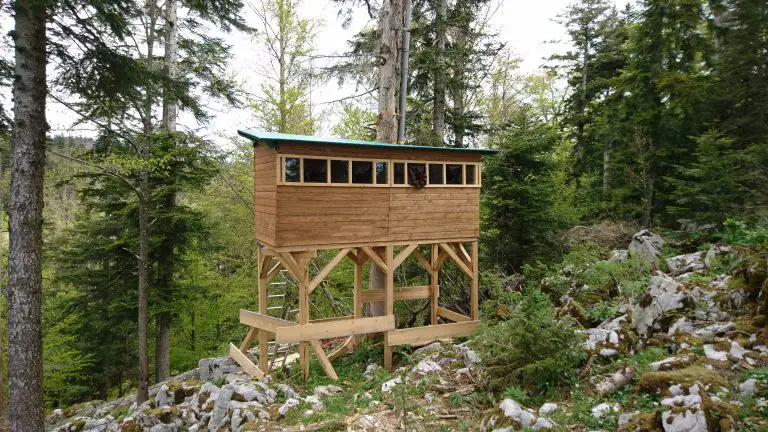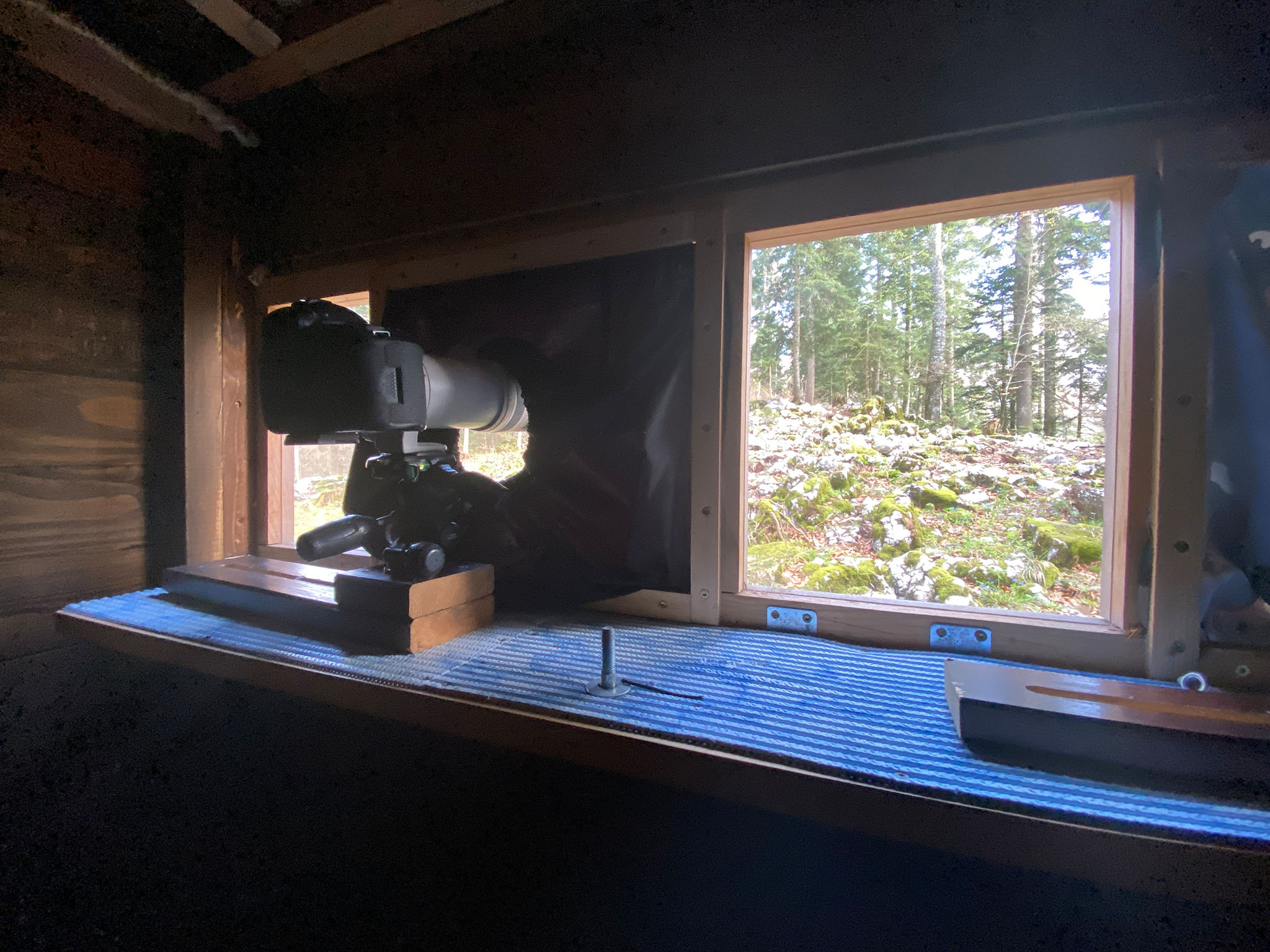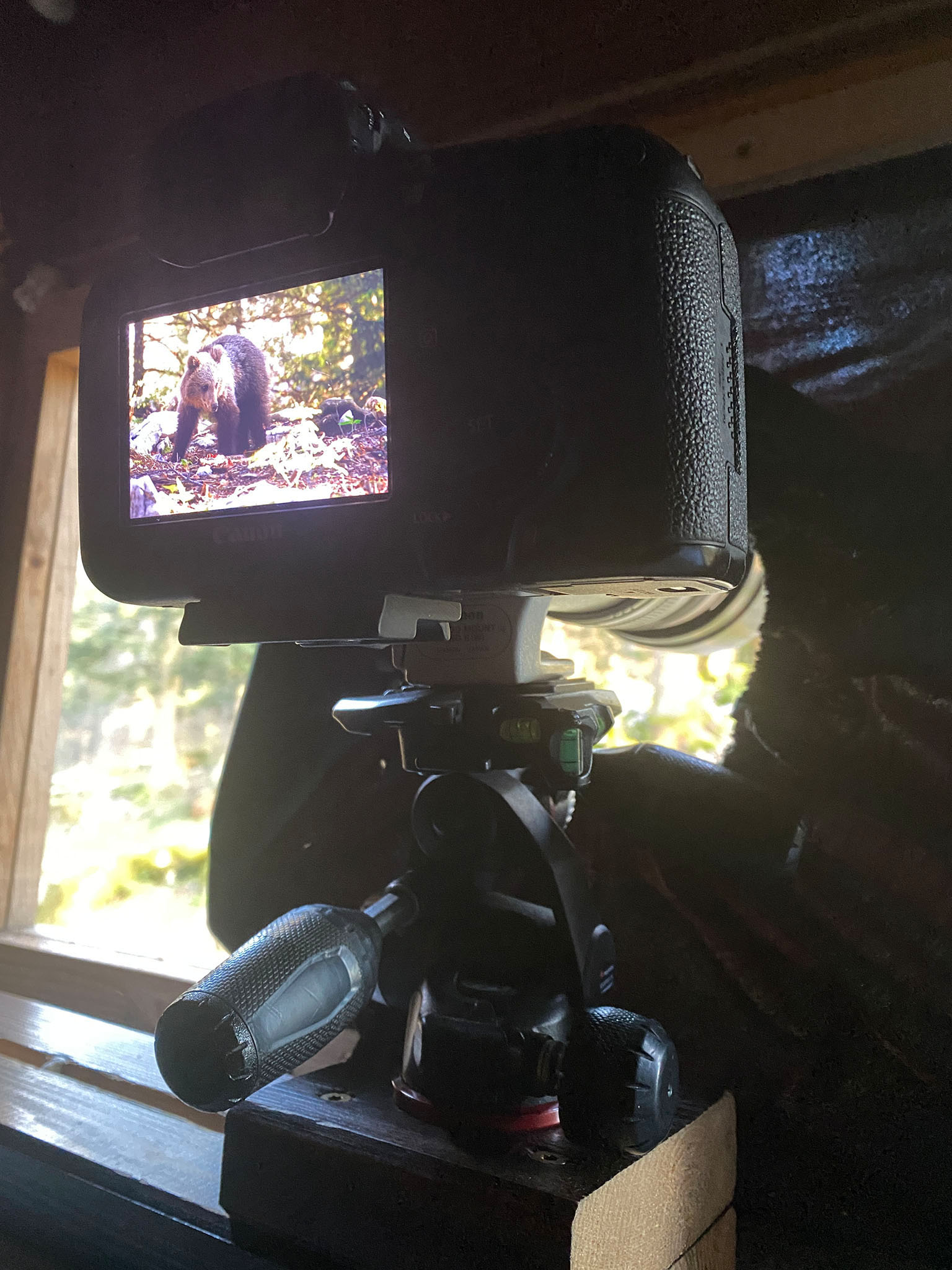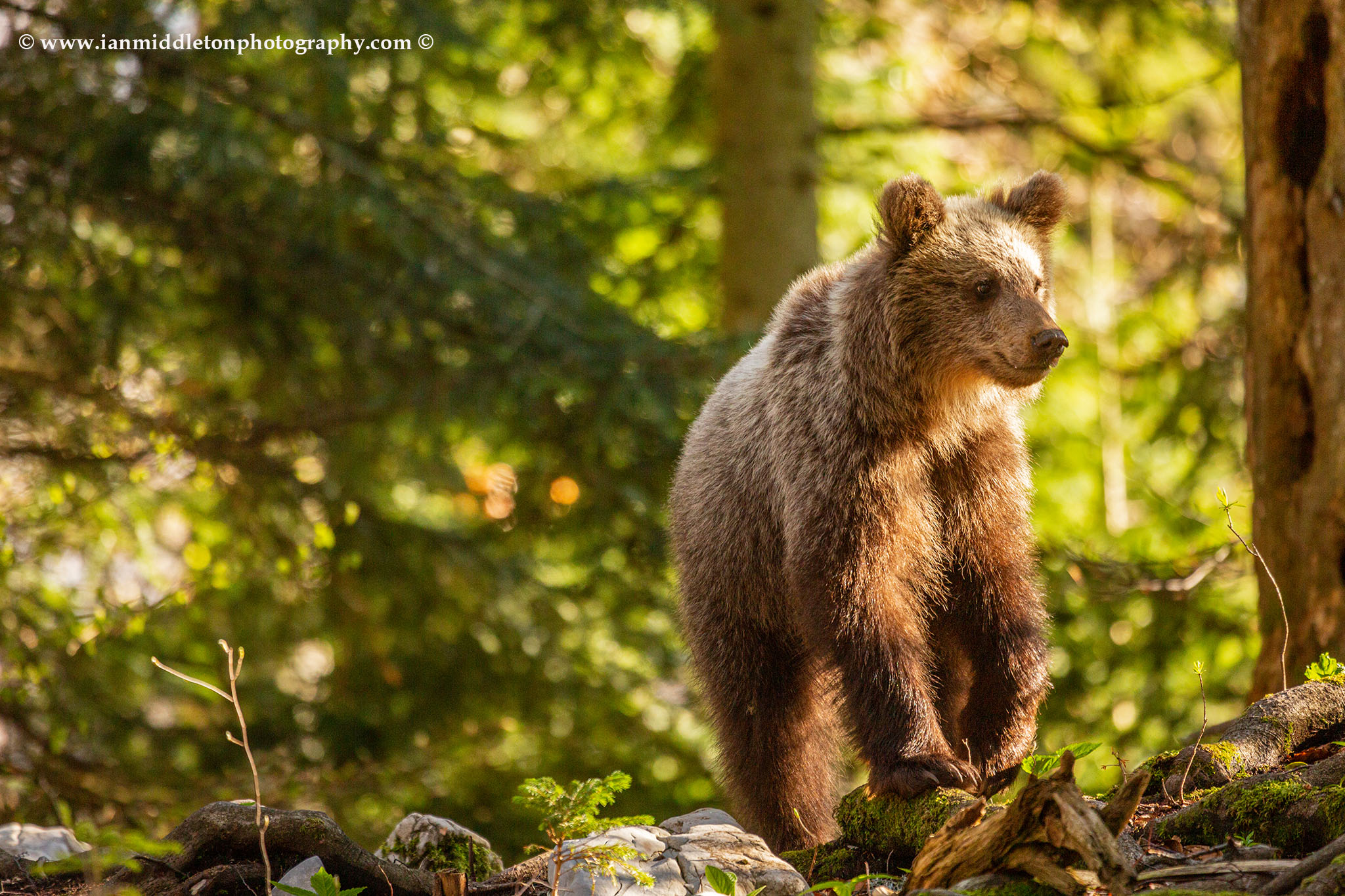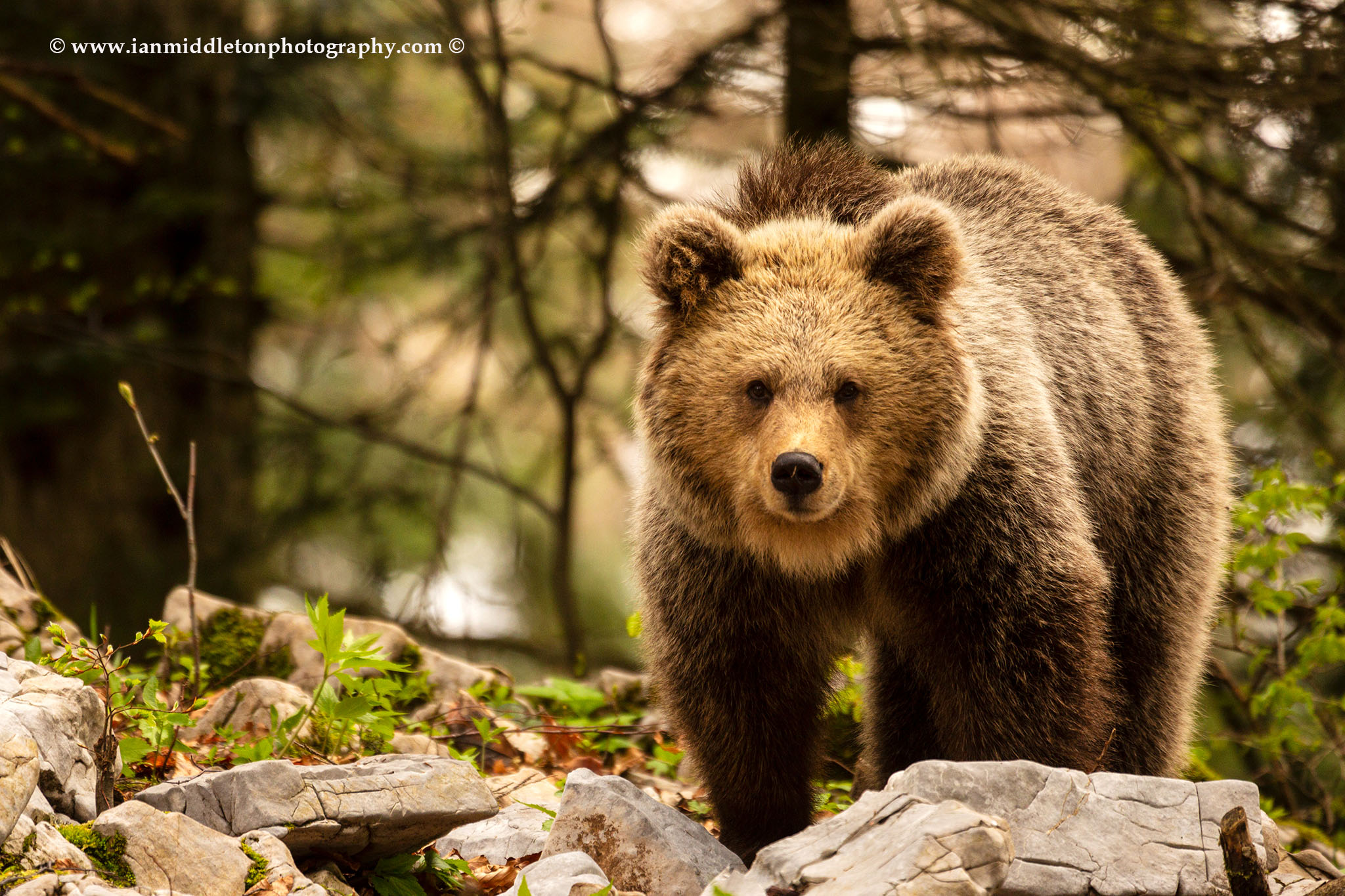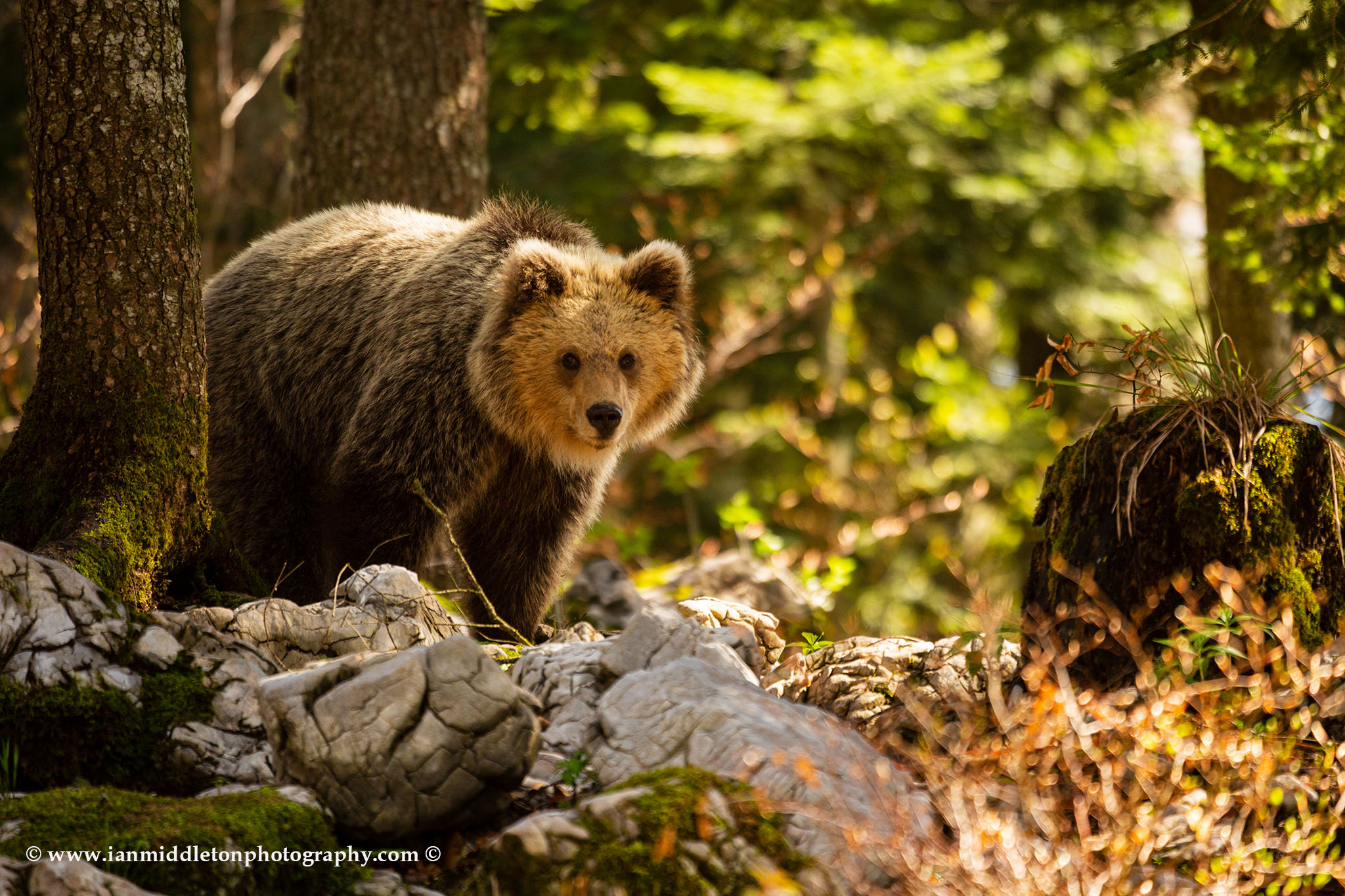Golob's government formation plans upset by SDS
LJUBLJANA - The Democrats (SDS) tabled a motion to call a referendum on amendments to the government act proposed by the incoming ruling coalition to accommodate for the changes they plan in the government makeup. The move was to delay the formation of a new government, but the prospective prime minister, Robert Golob, said he would stick to the plan to form a government by 3 June. The ministerial posts will be redistributed to match the existing government act, while the candidates left without portfolios will be appointed state secretaries. The cabinet will be changed according to Golob's original plan later on.
Golob advocates employee involvement in response to criticism
LJUBLJANA - Robert Golob, the leader of the Freedom Movement and the likeliest new prime minister, said the incoming coalition sought to ensure employee involvement as he responded to criticism that the coalition agreement would push businesses into a corner. "A system under which the employer is the master whom the worker must unconditionally obey, and under which the worker has no say is a system of serfs; we do not want to be a country of serfs and we will not be," Golob said.
Slovenia supports decision by Sweden, Finland to join NATO
LJUBLJANA - The Foreign Ministry expressed Slovenia's full support for the decision of Sweden and Finland to join NATO, labelling the two countries as the closest partners of the alliance. "NATO's door must remain open to European countries that want to join and meet the criteria for membership," it said. The two countries' move was also hailed by President Borut Pahor and Tanja Fajon, the leader of the Social Democrats (SD), who is tipped to become Slovenia's next foreign minister. Luka Mesec, the leader of the Left, announced his party would vote against Finland's and Sweden's membership when a vote came up on the new government, but would abstain in the vote on the same matter in parliament.
Govt proposes additional recalls of ambassadors
LJUBLJANA - The outgoing government proposed the recall of Slovenia's ambassadors to Germany, Bulgaria, Russia, Australia, Japan and Poland in what continues to be a series of replacements at some of the country's top diplomatic posts. The proposal will be now considered by President Borut Pahor. Under the proposal, the terms of Slovenian ambassadors in these countries would end on 31 July. The proposals are as a rule rubber-stamped by the head of state.
New military strategy in the making
LJUBLJANA - Slovenia will get a new military strategy to pursue flexible deterrence, integrated response and persistent resilience as the main guidelines. The outgoing government got acquainted with the document, which the Defence Ministry said would define the implementation of military defence, and thus fill the gap between strategic documents. The strategy identifies Russia and China as rival great powers, which is broadly in line with akin strategic documents of the EU and NATO.
SDS seeks referendum on own RTV Slovenija bill
LJUBLJANA - The Democrats (SDS) filed a motion to call a consultative referendum on the amendments to the RTV Slovenija act that the party submitted itself on Friday. The motion will delay the final decision on the amendments as parliament cannot vote on the referendum motion in less than 30 days. This also means that a rival bill put forward by the emerging coalition led by the Freedom Movement will have to wait until the SDS-sponsored bill is off the agenda. The SDS's proposal is to make the licence fee for the public broadcaster voluntary with the citizens deciding how much they want to pay.
New parliamentary speaker wants to raise level of communication
LJUBLJANA - National Assembly Speaker Urška Klakočar Zupančič told the STA she knew how to "leave her political convictions at the door" and pledged to be the first among equals to listen to all MPs. She believes that MPs should realise they are in parliament to serve people, not to "put on reality shows". The new speaker hopes that the coalition and opposition will find common ground during the new term of parliament, but is aware that this is a long process.
Farmers hail choice of Irena Šinko for agriculture minister
LJUBLJANA - Farmer representatives welcomed the choice of Irena Šinko as the candidate for agriculture minister. The Chamber of Agriculture and Forestry said it was "positive surprise" as she has the expertise. Farmers' Trade Union boss Anton Medved said that Šinko had been very principled as the director of the Farmland and Forest Fund, and they expect her to act in the same manner as minister. Agrarian economist Emil Erjavec said Šinko "is the best thing that could have happened to Slovenian agriculture." However, they noted a lot would depend on the new government's broader agriculture policy and her political clout.
SocDem members endorse entry into coalition
LJUBLJANA - The members of the Social Democrats (SD) have endorsed the party's decision to enter the Robert Golob-led coalition with 99.9% of votes in favour, said the party, which will have four ministries in the new government. Party leader Tanja Fajon said the party had succeeded in including its key priorities in the coalition agreement. "We've achieved a clear break with how the current government has operated," she was quoted as saying in Tuesday's press release.
SD vice president Nemec confirmed as MEP to replace Fajon
LJUBLJANA - The National Assembly confirmed the appointment of Social Democrats (SD) vice president Matjaž Nemec as member of the European Parliament. He will take the seat vacated by the SD leader Tanja Fajon as she was elected to the National Assembly in the 24 April general election. Nemec came in third among the SD's candidates in the 2019 European Parliament election.
Red shoes galore in parliament after attacks on speaker
LJUBLJANA - Red pumps, red sandals and red trainers could be seen a lot in parliament today as female members of the future coalition parties expressed solidarity with Speaker Urška Klakočar Zupančič, who became the target on insults on social media over her outfit at Friday's maiden session of parliament. It was Klakočar Zupančič's choice of red high heels that she wore on Friday that triggered insulting, sexist and vulgar comments on social media. Her colleagues supported her by wearing red shoes today.
Slovenian property market with a record year in 2021
LJUBLJANA - The Slovenian property market saw a record year in 2021 in terms of increase in prices and the number of transactions involving land for residential buildings, with the commercial property market also being revived. The Surveying and Mapping Authority reported more than 37,000 transactions worth a total of EUR 2.9 billion. The number of transactions in apartments and houses increased by about 20% last year compared to 2020 and was higher than the figure for the pre-epidemic year 2019.
Consumer association to sue bank over zero floor
LJUBLJANA - The Slovenian Consumers' Association intends to bring a class action against the bank Sparkasse because they find it unacceptable that the bank deems the interest rate on a loan to be zero if Euribor goes negative. The organisation is urging borrowers at other banks who made variable-rate loan payments in 2015-2022 to join the case. In another class action against Sparkasse, the organisation successfully defended the rights of Sparkasse borrowers after the bank did not take into account the actual negative Euribor rates.
Early-stage entrepreneurs showing great deal of resilience
MARIBOR - The latest Global Entrepreneurship Monitor survey shows that early-stage entrepreneurs in Slovenia have shown a great deal of resilience during crisis, as the total early-stage entrepreneurial activity has increased. Every other Slovenian is convinced that good business opportunities will show up in the next six months. More than 68% of Slovenian respondents said that an entrepreneurial career is desirable, while almost 86% of them believe that successful entrepreneurs are respected in society, which places Slovenia at the top in Europe.
DEM gets building permit for geothermal power plant
MARIBOR - DEM, the company managing power stations on the river Drava, has been granted a building permit for a geothermal power plant at a wellbore in Čentiba in Prekmurje, the only Slovenian region with some gas and oil. The plant will serve as a demonstration project encouraging the production of geothermal energy. The first of its kind in Slovenia, the project aims to use the geothermal energy potential of a 3,000-metre dry, unproductive wellbore near the town Lendava, northeast.
Information Commissioner concerned over transparency, access to public info in 2021
LJUBLJANA - The Information Commissioner received 639 complaints concerning access to public information in 2021, which is 74 more than the year before, shows a report submitted to parliament. The number of complaints regarding the implementation of coronavirus restrictions, public healthcare and public spending rose significantly. The number of media complaints is also worrying, the commissioner said, stressing that this showed that media requests were not being responded to.
Covid numbers continue to decline
LJUBLJANA - The number of new Covid cases decreased by 125 in weekly comparison to 541 on Tuesday. The number of patients hospitalised due to Covid-19 was also down by four in the last day, while one more patient died, shows Health Ministry data. The 14-day case notification rate decreased by 52 to 382.
Convicted sexual offender caught in Cambodia
LJUBLJANA - Jani Kokot, a Slovenian citizen convicted of child sexual abuse, was caught and arrested in Cambodia last weekend and deported to Slovenia after being on the run for years, police said on Facebook. Kokot was found guilty by the Nova Gorica court of sexually assaulting a person under 15 years multiple times between 2008 and 2021 while also producing pornographic photos and videos.


